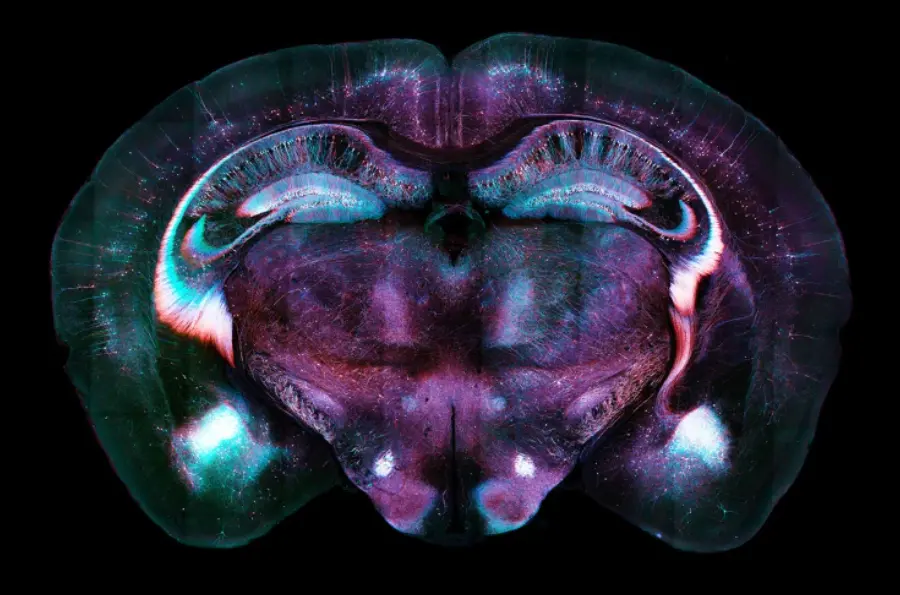The news industry has undergone radical transformations in the past two decades. The rise of digital media, social platforms, and streaming content has reshaped how people consume news, and now, artificial intelligence (AI) is ushering in the next major shift. AI’s increasing presence in journalism raises an essential question: Will A.I. save the news—or will it contribute to its decline?
Joshua Rothman’s “Will A.I. Save the News?” explores AI’s impact on journalism, addressing how automation, machine learning, and AI-driven reporting might revolutionize or undermine traditional news models. While AI offers efficiency, content personalization, and innovative storytelling techniques, it also presents ethical dilemmas, misinformation concerns, and challenges to human editorial integrity.
The Role of AI in Journalism
Artificial intelligence is already deeply embedded in the news ecosystem. Many major publications, including The Associated Press, The New York Times, and Reuters, use AI-powered tools for content generation, audience analytics, and automated reporting.
1. AI-Powered News Writing
One of AI’s most visible contributions is automated reporting. News organizations have adopted AI models that:
- Generate financial reports based on stock market movements.
- Summarize sports events using live data feeds.
- Compile weather forecasts from meteorological updates.
Automated news writing enables media companies to publish content faster and with fewer resources, allowing journalists to focus on investigative stories, interviews, and in-depth analysis.
2. AI for Fact-Checking and Misinformation Detection
With misinformation spreading rapidly online, AI tools are being used to combat false narratives. Algorithms can:
- Verify sources and detect manipulated images or videos.
- Scan social media for viral misinformation.
- Assess credibility of articles before publication.
However, AI fact-checking is not foolproof—biases in training data can lead to errors, and distinguishing satire from misinformation remains a challenge.
3. AI-Driven Audience Analytics
AI plays a crucial role in understanding audience behavior. News platforms use machine learning to:
- Predict what topics will trend.
- Personalize content recommendations for readers.
- Optimize headlines and story placement for engagement.
While AI-driven analytics help newsrooms increase visibility, they also raise concerns about clickbait journalism—where algorithms prioritize sensational content over critical reporting.
AI’s Ethical Challenges in Journalism
Despite its potential, AI poses significant ethical dilemmas in journalism. The introduction of automated storytelling and algorithm-driven content decisions raises concerns about editorial control, bias, and journalistic integrity.
1. The Risk of AI-Generated Misinformation
While AI can combat misinformation, it can also spread false narratives. Algorithms trained on biased datasets may unintentionally amplify misleading content. Additionally, AI-generated deepfake videos and fabricated articles blur the line between reality and deception.
2. The Loss of Human Editorial Judgment
AI can summarize, predict, and analyze, but it lacks human intuition, ethical reasoning, and investigative instincts. Journalism thrives on critical thinking, empathy, and contextual understanding—qualities AI cannot replicate.
If newsrooms rely too heavily on AI-generated content, they risk losing authenticity, replacing human-driven analysis with algorithmic summaries.
3. The Economic Impact on Journalists
As AI automates reporting tasks, journalists face job insecurity. If media companies replace reporters with AI-generated news, the profession could undergo massive downsizing. While AI can enhance journalism, its unchecked expansion may threaten traditional reporting roles.
Can AI “Save” Journalism?
AI’s role in journalism depends on how it is integrated into the industry. If used responsibly, AI can augment human storytelling, enabling faster fact-checking, broader accessibility, and advanced audience engagement. However, if mismanaged, AI could contribute to the decline of investigative journalism, favoring automation over ethical reporting.
How AI Could Strengthen the News Industry
- Enhancing Investigative Journalism AI can analyze massive datasets, helping journalists uncover hidden patterns in financial fraud, political corruption, or global crises.
- Supporting Real-Time Fact-Checking Automated verification tools could help news organizations detect misinformation instantly, reducing false reporting risks.
- Increasing Accessibility AI-powered translation and voice recognition can make news more accessible, reaching global audiences with multilingual content.
How AI Could Harm Journalism
- Algorithmic Bias AI systems reflect the biases in their training data, which could reinforce misinformation or political influence.
- Loss of Human Interpretation News isn’t just about information—it’s about perspective, analysis, and emotional depth, which AI lacks.
- Economic Disruption Journalists risk job displacement as companies prioritize automation over human reporters.
Will AI save the news? The answer depends on how the industry balances innovation and ethics. AI has the potential to transform journalism, offering efficiency, accessibility, and real-time analysis. However, journalistic integrity must remain a priority—ensuring that AI complements rather than replaces investigative reporting, ethical fact-checking, and human-driven storytelling.As journalism adapts to an AI-driven future, media companies must ask: How can we use AI responsibly without sacrificing truth, credibility, and the soul of storytelling? The answer will shape the next chapter in the evolution of news media.







